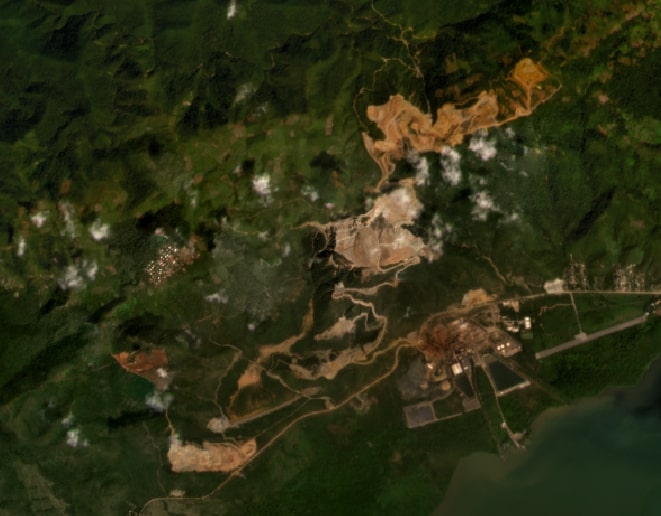Alberto Pimentel Mata, who was Guatemala’s Minister of Energy and Mining from January 2020 until his resignation in July 2023, engaged in numerous corruption schemes and accepted large bribes on a monthly basis during his tenure, U.S. authorities said.
“The United States remains committed to holding accountable those who abuse their positions in pursuit of personal benefit, weakening the public’s faith in government institutions,” said Brian E. Nelson, Under Secretary of the Treasury for Terrorism and Financial Intelligence.
As minister, the Treasury said, Pimentel demanded bribes from mining industry groups in exchange for necessary licenses and permits. In one instance, he allegedly accepted a large sum to expedite consultation processes for mining in Izabal for the benefit of private entities.
Investigators said he further misused his office by allowing a private company to “write the terms of reference” for a government contract that would favor the company as a prospective bidder.
“Pimentel used his official position to exploit the Guatemalan mining sector through bribery schemes, including schemes related to government contracts and mining licenses,” said U.S. State Department spokesperson Matthew Miller.
In one case, Miller said, he accepted bribes from a local company “with no experience in the project activities” in exchange for granting them a contract. He did this despite receiving a more affordable bid, from a more experienced company, for the same contract.
For those who would not pay, Pimentel engaged in retaliatory practices that would make it more difficult for them to operate in Guatemala’s mining and energy sector, OFAC said. The Treasury surmised that his facilitation of corrupt practices contributed to the undermining of Guatemala’s mining industry, as well as the stability of the country itself.
Pimentel was mentioned in OCCRP’s 2022 investigation Mining Secrets, a deep dive into how a major nickel mining company knowingly and recklessly polluted the water reservoirs near the town of El Estor, Izabal.
Leaked documents from subsidiaries of the Swiss mining company Solway revealed that executives hid evidence proving they were aware their excavations from the Fénix nickel mine had contaminated Lake Izabal’s freshwater supplies.
Inspectors from Guatemala’s Ministry of the Environment found that a man-made exit from the mine was visibly “discharging red-orange colored water” into the lake. The ministry report concluded that the contaminated water could not be treated to the point where it would be safe for consumption.
But given Fénix’s status as one of Central America’s largest nickel mines, its custodians could not afford to halt operations. Rather than work with environmental officers to fix the problem, Solway instead blamed nearby villages for causing a harmful bloom of algae in Lake Izabal.
The issue came to a head when an environmental audit found that the nickel contamination levels in the water were so high that they breached World Bank standards. Ultimately, however, Pimentel sided with Solway and signed a resolution to resume mining operations out of Fénix.
Guatemalan environmental officer Ana Lucia Alfaro Ochoa voiced her frustration of the situation to OCCRP, saying that “the government carries little weight” in properly enforcing environmental safety standards and that “it is very frustrating to see that you can’t do much.”
Pimentel’s sanctioning by the U.S. also lists him as a violator of the Magnitsky Act. Originally signed into law in 2012 to punish Russian officials who benefitted from the death of Russian tax lawyer Sergei Magnitsky, it has since expanded to allow signatory countries to sanction government officials around the world who are deemed to be human rights offenders.

